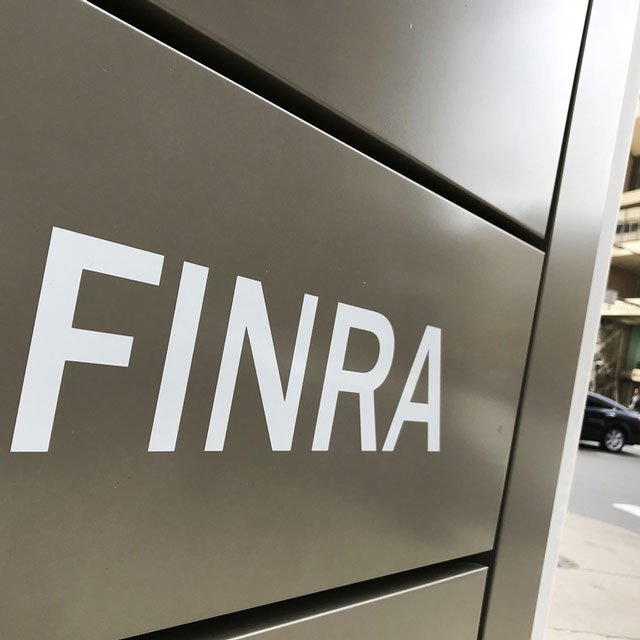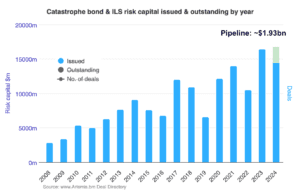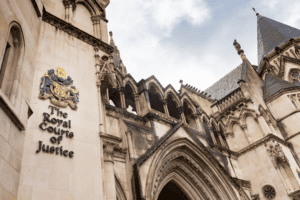In Wells Fargo Case, FINRA Didn't Manipulate Arb Process: Independent Review

As the Lowenstein report, released Wednesday, states, the court decision found, among other things, that Wells Fargo and its counsel had manipulated the arbitrator selection process through an agreement with FINRA under which arbitrators from a prior case involving the counsel would be automatically removed from the list of potential arbitrators in any case in which the counsel appeared.
“After careful consideration of the evidence obtained during that review, Lowenstein does not believe that there was any agreement between Weiss and FINRA regarding the panels for Weiss’s cases,” the firm said in its report, referring to Wells Fargo’s counsel during the arbitration proceeding, Terry Weiss.
The report added, “The evidence further demonstrated that FINRA personnel generally adhered to the policies and procedures and that their actions during the [relevant arbitration] were intended to be fair and reasonable at each step.”
Lowenstein states that it conducted 29 interviews; examined more than 150,000 documents, emails and telephone records; reviewed FINRA’s DRS arbitrator database system; and listened to recordings of relevant arbitration proceedings.
The report also states that FINRA DRS “personnel cooperated fully, and that neither FINRA management nor the Audit Committee dictated the methods of the inquiry or its conclusions.”
PIABA Responds
Responding to the report, the Public Investors Advocate Bar Association, PIABA, said in a Wednesday statement that it “respects the thorough and rigorous work supporting FINRA’s Independent Review, which concluded that there was no agreement between counsel for Wells Fargo and FINRA to remove certain arbitrators from consideration for appointment in the Leggett v. Wells Fargo arbitration.”
While the review “determined that FINRA personnel generally adhered to FINRA’s policies in the Leggett arbitration, PIABA remains concerned about the lack of transparency in the process and the appearance of impropriety in that case,” the statement said.
The appointment of arbitrators “is the single most important part of the arbitration process and investors who are forced into arbitration must have confidence in the integrity of the selection process,” PIABA stated. “Accordingly, PIABA welcomes the Report’s detailed recommendations and looks forward to working with FINRA in improving its arbitrator appointment process to prevent abuses, provide consistent results, and give greater transparency.”
The underlying purpose of FINRA’s Neutral List Selection System “was to minimize FINRA staff involvement in the most important part of every case, the appointment of arbitrators,” PIABA continued.
“The Independent Review revealed the many touchpoints where FINRA staff are involved and made recommendations for improvements to improve neutrality and transparency.”
The Independent Review’s “detailed descriptions of FINRA DRS’s internal workings in deciding a challenge to an arbitrator’s potential service are a welcome ray of sunshine into what has been an opaque decision-making process for forum users for many years,” PIABA added.





